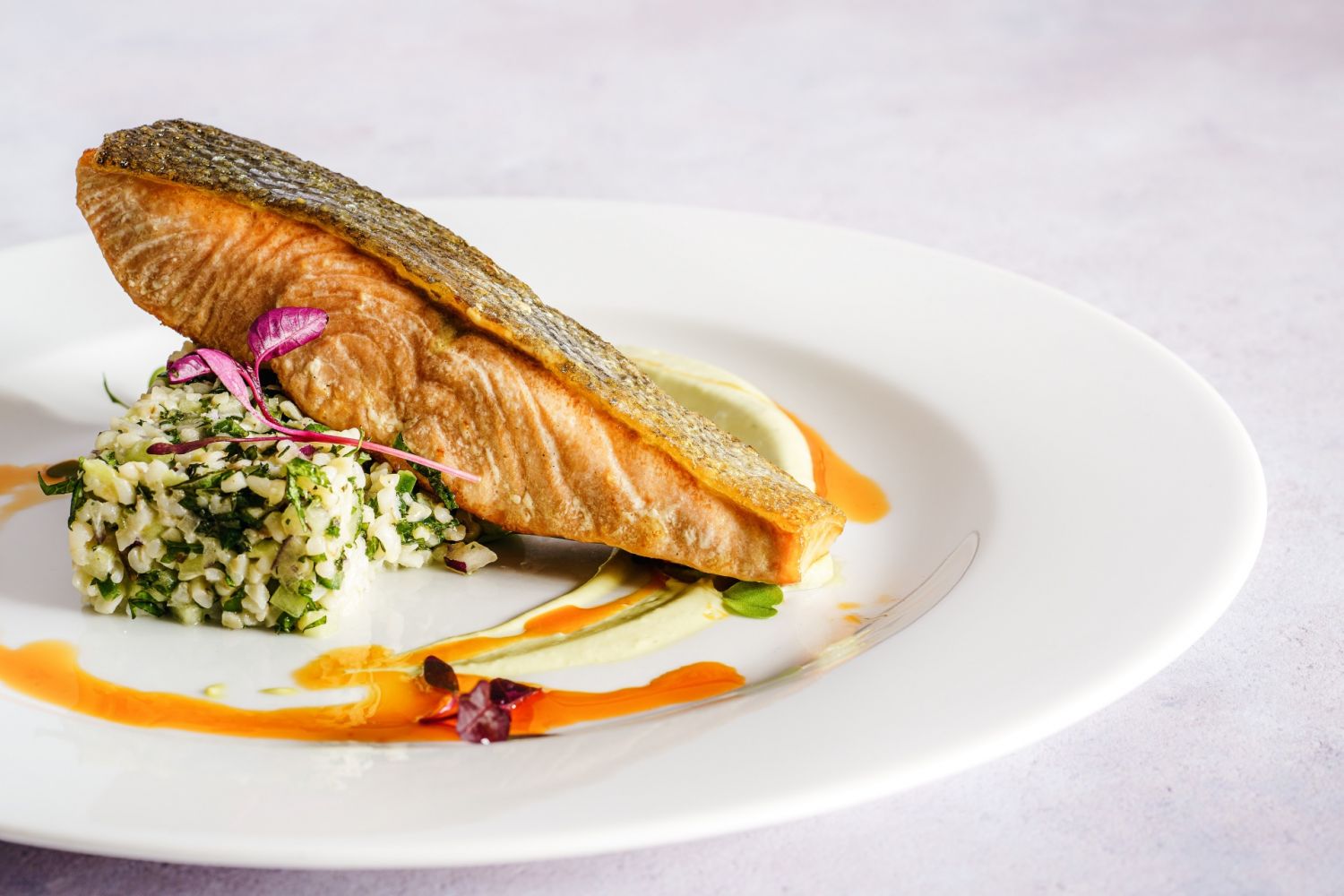Learn more about essential amino acids, complete proteins, and the many benefits of increasing your protein intake, here:
Did you know that increasing your daily protein intake provides a greater feeling of fullness and can help boost your metabolism? Whether consumed from animal proteins or a variety of plant-based protein sources (more on that later), adopting a high-protein diet has a lot of advantages.
What is a High-Protein Diet?
A high-protein diet typically starts with consuming 30 per cent (or more) of your total calories from protein, with the remaining 60 per cent split between the other two macronutrients, carbohydrates, and fat. Alternatively, you may also measure your protein intake through weight, aiming to consume about 1.2 to 1.6 grams of protein per kilogram of body weight. Following this broad definition, no foods are prohibited in a high-protein diet, and the main focus is hitting your protein goal.
Don't miss: Collagen: 9 easy ways to implement it into your diet

That said, not all sources of protein are made equal, and leaner sources of protein (i.e. those with significantly higher levels of protein than carbohydrates and fat) are essential when subscribing to a high-protein diet as they help you reach your protein goal without exceeding your target calorie intake. This not only includes white meat, seafood, and eggs, but also quinoa, Greek yoghurt, and whey supplements, among others.
Learn more about the many benefits of increasing your protein intake, from building muscle mass to improving your skin, below:
Read more: Rice alternatives 101: wild rice, quinoa, freekeh, and many more





